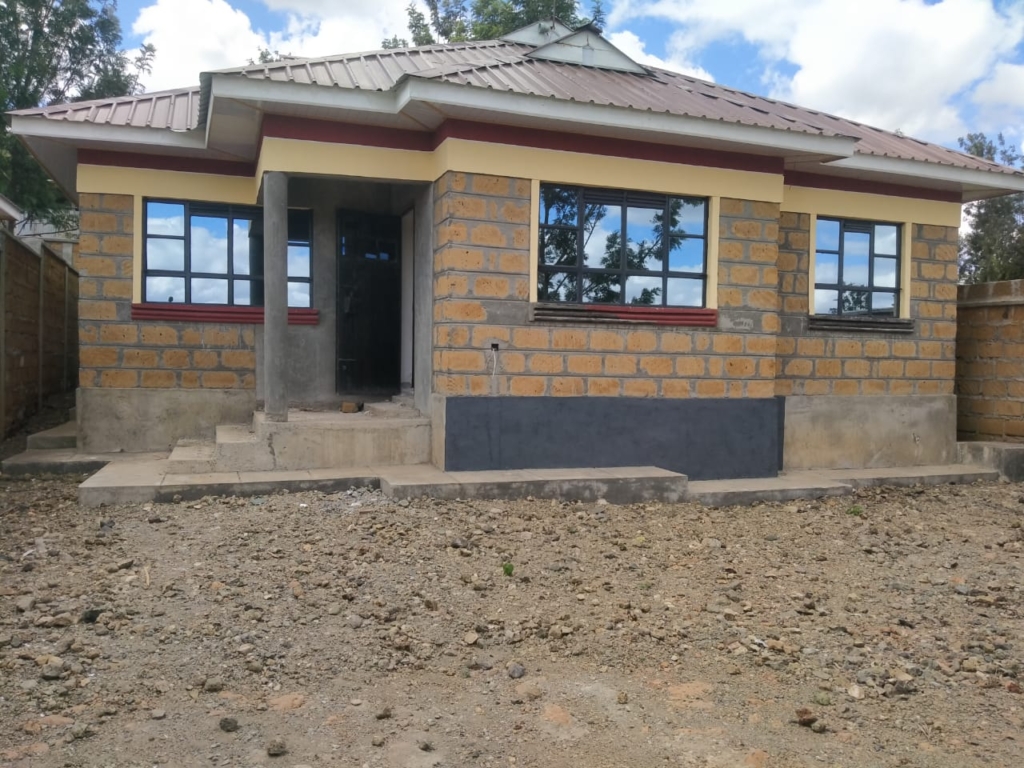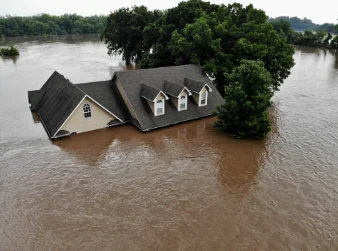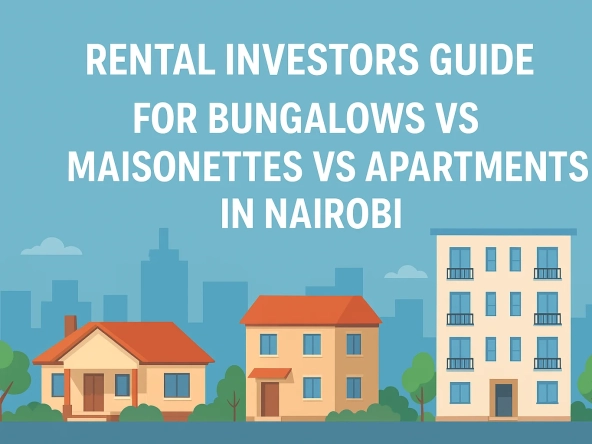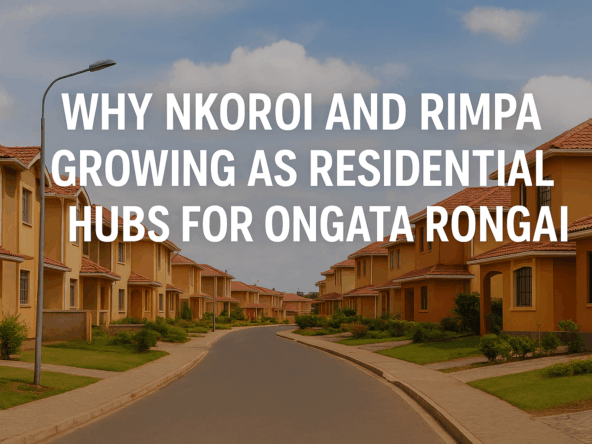Choosing the right location when buying land or property is one of the most critical decisions you’ll make during your purchase journey.
Whether you’re buying land to build your dream home, invest, or develop, the location will directly impact the value, convenience, and long-term benefits of your investment.
How to Choose the Right Location for a Plot or Home

Choosing the right location for a plot or home involves considering several key factors to ensure a smart investment and a comfortable lifestyle.
Start by assessing proximity to essential amenities like schools, hospitals, and shopping centers, as these improve convenience and add value to the property.
Consider accessibility to transportation and major roads for easy commuting, and prioritize areas with low crime rates for safety.
Additionally, research the area’s potential for economic growth, infrastructure development, and zoning regulations to ensure it aligns with your long-term goals. A well-chosen location enhances both quality of life and property value over time.
Let us explore these factors in detail.
1. Proximity to Essential Amenities
When selecting a location, access to key services like schools, hospitals, grocery stores, and shopping centers should be high on your priority list.
Proximity to these amenities can significantly improve your quality of life, save time, and ensure convenience.
For instance, families with children may want to prioritize locations near quality schools, while healthcare professionals might need proximity to hospitals. The availability of markets and retail centers can also make everyday living more comfortable.
Tip: A location within walking or a short driving distance from essential services is often more desirable and can increase the property’s value over time.
2. Transportation and Accessibility
Accessibility is a key element to consider when choosing a location for your property. Look at how easy it is to get in and out of the area. Is it well-connected to major roads, highways, and public transport?
A location with strong transportation links can be especially important if you need to commute to work or travel frequently.
Public transportation options such as buses, commuter trains, and taxis should also be taken into account.
Locations near public transport hubs are often considered more valuable, especially in urban areas where parking may be limited or expensive.
Tip: Check peak-hour traffic patterns to ensure your daily commute won’t be too cumbersome, and consider future infrastructure developments that may enhance accessibility in the area.
3. Safety and Security
Safety is a crucial factor when deciding where to buy property. You want to ensure that the area has low crime rates and a reputation for being secure.
Look at crime statistics, ask locals, and do some research online to gather insights into the safety of a particular neighborhood.
Living in a safe area not only provides peace of mind but also protects your property investment, as homes in secure neighborhoods tend to hold or increase in value over time.
Many real estate listings now provide safety ratings for different areas, giving you a better picture of local security.
Tip: Drive around the neighborhood at different times of day to get a sense of how safe the area feels and whether security services, such as gated communities or neighborhood patrols, are available.
4. Economic Growth and Development Prospects

The economic growth potential of an area is a key consideration, especially for those investing in property or buying land for future development.
Look for areas where there is visible ongoing or planned development, such as new shopping centers, business parks, or industrial zones.
These developments often drive demand for housing and can raise property values.
Consider employment opportunities in the area, as regions with growing industries and job availability tend to attract more residents, increasing the demand for homes.
Areas with booming economic prospects often see faster property appreciation, making them attractive for long-term investment.
Tip: Research planned infrastructure projects, such as new roads, public transport, or commercial developments, as they can signal an increase in the desirability and value of the location.
5. Land and Property Zoning Regulations
Zoning regulations govern how land in a particular location can be used, which can significantly impact your plans for the property.
Ensure that the area you are considering allows for your intended purpose, whether it’s residential, commercial, agricultural, or industrial.
For example, if you’re buying land to build a home, check that the plot is zoned for residential use and that there are no restrictions on the type or size of structures you can build.
Similarly, if you’re looking to develop commercial property, the land should be in an area designated for business activities.
Tip: Visit the local government or municipal offices to confirm the zoning laws for the property you’re interested in, and inquire about any future zoning changes that might affect your plans.
6. Environmental Factors and Climate

The physical environment and climate of a location play an important role in determining its suitability to build a home.
Consider the area’s geography and natural surroundings, as well as the prevailing weather conditions.
Is the region prone to flooding, landslides, or other natural hazards?
If you’re buying agricultural land, check if the soil and climate conditions are suitable for farming or livestock.
For residential buyers, the local climate can influence your lifestyle—think about whether the location experiences extreme heat, cold, or rain and how that aligns with your preferences.
Tip: Research historical weather patterns and environmental reports for the area. It’s also helpful to consult local experts who can advise on potential environmental challenges.
7. Cultural and Social Environment
The cultural and social vibe of a location can greatly impact your day-to-day living. Think about the community and whether it aligns with your lifestyle, values, and long-term goals.
For instance, if you’re moving to a new town or city, understanding the culture, local customs, and overall community spirit is crucial.
Some neighborhoods may be quiet and family-oriented, while others may be bustling and vibrant with nightlife and entertainment options. Choose a location where you’ll feel comfortable and engaged with the local community.
Tip: Attend local events or visit community centers to get a feel for the social environment and see if it matches your preferences.
8. Infrastructure and Utility Services
The availability of basic infrastructure, such as water, electricity, internet connectivity, and sewage systems, is essential when choosing a location for a property. In developing regions, these services might be less reliable or more expensive to access.
Make sure to verify the availability and reliability of utility services in the area. Poor infrastructure can lead to long-term inconveniences and additional costs, such as installing alternative power sources or drilling boreholes for water.
Tip: If buying in a rural or developing area, confirm with local authorities whether there are any plans for infrastructure upgrades soon.
9. Resale Value and Market Trends

Even if you’re planning to live in or develop the property for the long term, it’s important to think about the resale value.
Market conditions change, and you may need to sell or rent the property down the line.
Choose a location where property values are appreciating, and avoid areas where the market is stagnant or in decline.
Study market trends and compare the prices of similar properties in different areas. Locations that are in high demand or undergoing positive development tend to offer better returns on investment.
Tip: Look at the historical price trends of properties in the area and consult a real estate expert for a forecast of future value growth.
10. Government and Legal Considerations
Lastly, government policies, taxes, and legal considerations can affect your choice of location.
Be aware of property taxes, land rates, and any other government fees you’ll need to pay regularly. Some regions may have more favorable tax policies or incentives for new homeowners or investors.
Additionally, it’s essential to understand local land laws, especially if you’re buying land in a different country or region.
Make sure all the legal paperwork, such as title deeds and property registration, is in order before proceeding with the purchase.
Tip: Hire a legal expert or real estate attorney to help you navigate the legal requirements and ensure you comply with local regulations.
Conclusion
Choosing the right location for your property is a multifaceted decision that requires careful research and consideration.
By taking into account factors such as accessibility, safety, economic growth, and infrastructure, you can make an informed choice that will benefit you in the long term.
Whether you’re looking for a home, an investment opportunity, or land to develop, selecting the ideal location will set the foundation for a successful property purchase.



